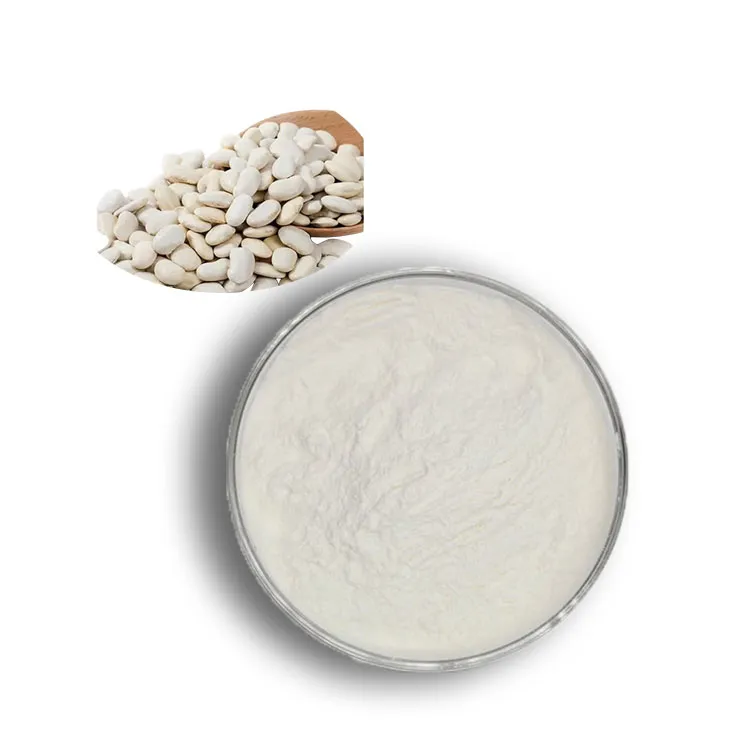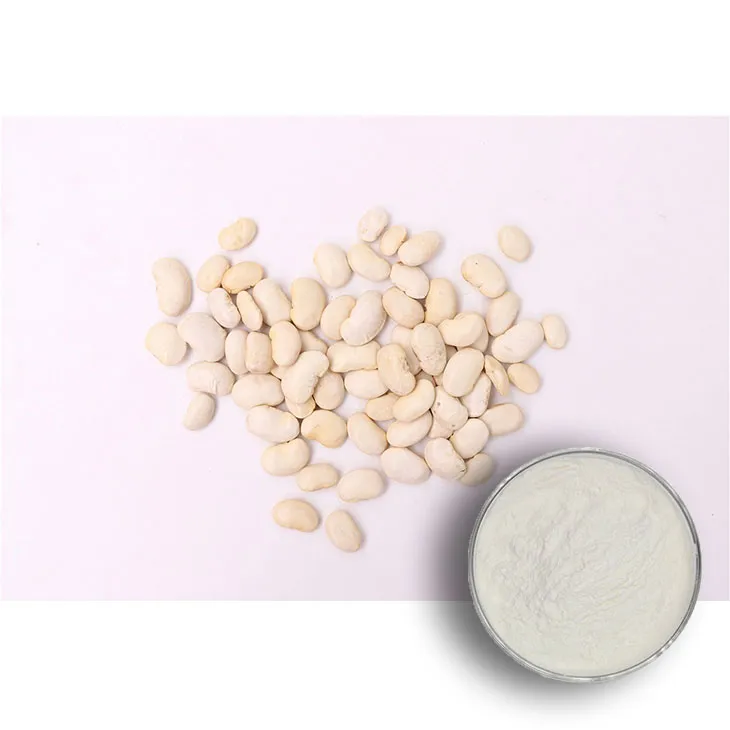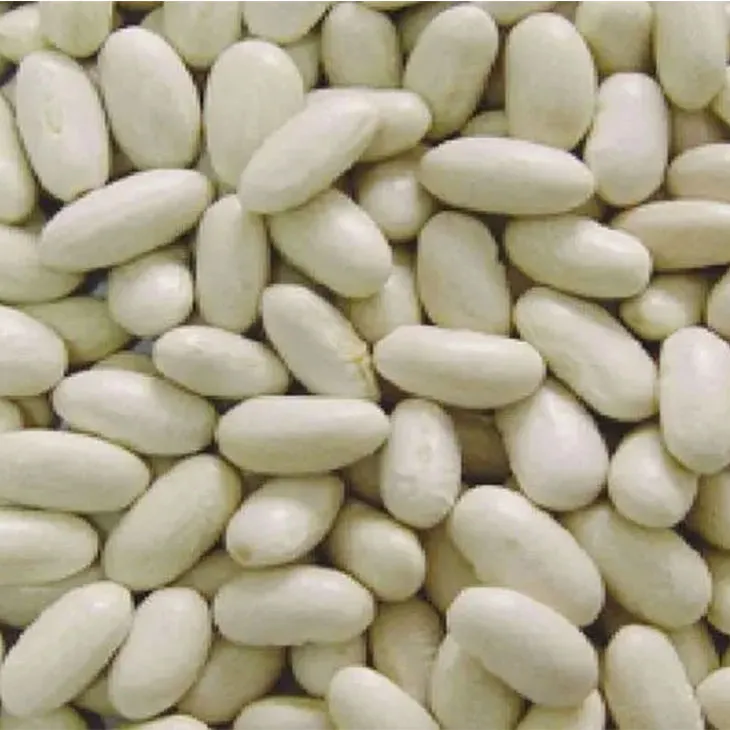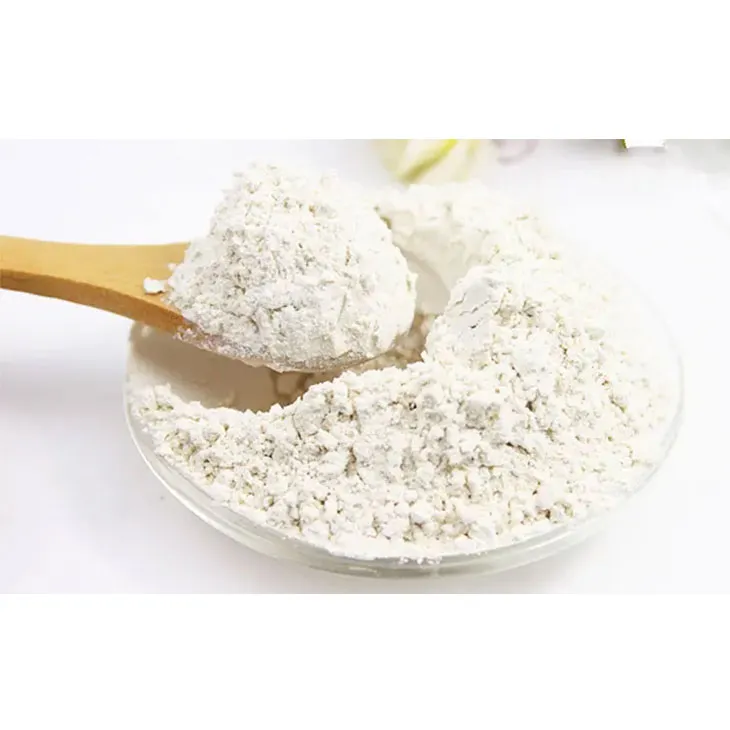- 0086-571-85302990
- sales@greenskybio.com
Best Answers to 7 Key Questions about Kidney Bean Extract.
2024-12-13

1. What is Kidney Bean Extract?
Kidney Bean Extract is a substance derived from kidney beans (Phaseolus vulgaris). It contains various bioactive compounds that have been the focus of scientific research in recent years. One of the main components is alpha - amylase inhibitor. This inhibitor plays a crucial role in the potential health benefits associated with Kidney Bean Extract.

2. What are the Potential Health Benefits?
2.1 Weight Management
The alpha - amylase inhibitor in kidney bean extract can help with weight management. Amylase is an enzyme that breaks down carbohydrates into simple sugars for absorption in the body. By inhibiting this enzyme, the digestion and absorption of carbohydrates are slowed down, which may lead to a reduction in calorie intake. Some studies have shown that individuals taking kidney bean extract supplements may experience a decrease in body weight and body fat percentage over time.
2.2 Blood Sugar Regulation
It also has implications for blood sugar regulation. Since it affects carbohydrate metabolism, it can potentially help in stabilizing blood glucose levels. For people with diabetes or those at risk of developing diabetes, kidney bean extract might be a useful addition to their diet or supplement regimen. However, it should not replace medical treatment, but rather be used as a complementary approach. Regular consumption may contribute to better glycemic control.

3. How is Kidney Bean Extract Produced?
The production of kidney bean extract typically involves several steps. First, high - quality kidney beans are selected. These beans are then cleaned to remove any impurities such as dirt, stones, or damaged beans. After cleaning, the beans are often ground into a fine powder. This powder can then be processed further using various extraction methods, such as solvent extraction or supercritical fluid extraction. Solvent extraction may use solvents like ethanol or water to extract the bioactive compounds from the bean powder. Supercritical fluid extraction, on the other hand, uses substances like carbon dioxide in a supercritical state to extract the desired components. Once the extraction is complete, the extract is purified and concentrated to obtain the final kidney bean extract product.

4. Is it Safe to Consume?
When consumed in appropriate amounts, kidney bean extract is generally considered safe for most people. However, there are some precautions to keep in mind. Raw kidney beans contain certain toxins, such as phytohaemagglutinin, which can cause nausea, vomiting, and diarrhea if not properly cooked. Although the extract is processed and these toxins are removed during production, it is still important to ensure that the extract comes from a reliable source. Additionally, some people may be allergic to kidney beans, and in such cases, kidney bean extract should be avoided. Pregnant and breastfeeding women should also consult their healthcare providers before using kidney bean extract supplements.

5. How Should it be Consumed?
- Kidney bean extract is available in various forms, including capsules, tablets, and powders. If taking it in capsule or tablet form, follow the recommended dosage on the product label. Usually, it is taken with a glass of water, preferably before or during meals.
- When using the powder form, it can be mixed with water, juice, or other beverages. Some people may also add it to smoothies or yogurt for consumption. However, it is important to note that the taste of the extract may be slightly bitter, so it may need to be masked with other flavors if desired.
6. Are there any Side Effects?
While kidney bean extract is generally safe, some potential side effects may occur. Gastrointestinal issues such as bloating, flatulence, and abdominal discomfort have been reported in some cases. These side effects are more likely to occur if the extract is consumed in large amounts or if an individual has a sensitive digestive system. In addition, as mentioned earlier, allergic reactions can occur in those who are allergic to kidney beans. If any unusual symptoms occur after consuming kidney bean extract, it is advisable to stop use and consult a healthcare professional.
7. Where can it be Purchased?
Kidney bean extract can be purchased from several sources.
- Health food stores often carry kidney bean extract supplements in various forms. These stores usually have a selection of different brands, allowing consumers to compare prices and product features.
- Online retailers also offer a wide range of kidney bean extract products. However, when purchasing online, it is crucial to ensure that the seller is reputable and that the product is from a reliable source. Look for products with good customer reviews and proper certifications.
- Some pharmacies may also stock kidney bean extract supplements, especially those that focus on natural health products.
FAQ:
Question 1: What is kidney bean extract?
Kidney bean extract is a substance derived from kidney beans. It contains various bioactive compounds. It is often used in dietary supplements and some health - related products. It may have potential effects on aspects such as metabolism and weight management.
Question 2: What are the main components in kidney bean extract?
The main components in kidney bean extract include certain proteins, fiber, and some bioactive peptides. These components play important roles in its potential functions. For example, the proteins can interact with the body's physiological processes, and the fiber can have an impact on digestion and gut health.
Question 3: What are the potential health benefits of kidney bean extract?
Some potential health benefits of kidney bean extract may include aiding in weight loss. It may work by inhibiting the activity of certain enzymes related to carbohydrate digestion. It might also have a positive effect on blood sugar control, potentially helping to regulate blood glucose levels. Additionally, it could contribute to better digestion due to its fiber content.
Question 4: Are there any side effects of kidney bean extract?
While kidney bean extract is generally considered safe for most people when used appropriately, some individuals may experience side effects. These can include digestive issues such as bloating, gas, or diarrhea. In some cases, if consumed in excessive amounts, it may lead to more serious gastrointestinal problems. Also, people with certain allergies to kidney beans may have adverse reactions to the extract.
Question 5: How is kidney bean extract used?
Kidney bean extract is often used in the form of dietary supplements. It can be taken in capsule or powder form. However, it is important to follow the recommended dosage instructions. Some products may also be incorporated into functional foods, but this is less common. It should not be used as a substitute for a balanced diet and healthy lifestyle.
Question 6: Is kidney bean extract suitable for everyone?
No, kidney bean extract is not suitable for everyone. Pregnant or breastfeeding women should be cautious as there is limited research on its safety during these periods. People with pre - existing gastrointestinal conditions or those taking certain medications that may interact with it should also consult a healthcare provider before using kidney bean extract.
Related literature
- The Bioactive Components of Kidney Bean Extract: A Comprehensive Review"
- "Kidney Bean Extract in Weight Management: Efficacy and Safety"
- "Kidney Bean Extract and Blood Sugar Regulation: Current Research"
- ▶ Hesperidin
- ▶ citrus bioflavonoids
- ▶ plant extract
- ▶ lycopene
- ▶ Diosmin
- ▶ Grape seed extract
- ▶ Sea buckthorn Juice Powder
- ▶ Beetroot powder
- ▶ Hops Extract
- ▶ Artichoke Extract
- ▶ Reishi mushroom extract
- ▶ Astaxanthin
- ▶ Green Tea Extract
- ▶ Curcumin Extract
- ▶ Horse Chestnut Extract
- ▶ Other Problems
- ▶ Boswellia Serrata Extract
- ▶ Resveratrol Extract
- ▶ Marigold Extract
- ▶ Grape Leaf Extract
- ▶ blog3
- ▶ blog4
- ▶ blog5
-
Pure 85% Tomentil Extract.
2024-12-13
-
Echinacea Extract
2024-12-13
-
Cactus Extract
2024-12-13
-
Bitter Melon Extract
2024-12-13
-
Andrographis Paniculata Extract Powder
2024-12-13
-
Pomegranate Extract
2024-12-13
-
Feverfew Extract
2024-12-13
-
Plantain extract
2024-12-13
-
Pine bark Extract Powder
2024-12-13
-
Elderberry Extract
2024-12-13
-
Dan Shen Root Extract/Salvia Root Extract
2024-12-13





















